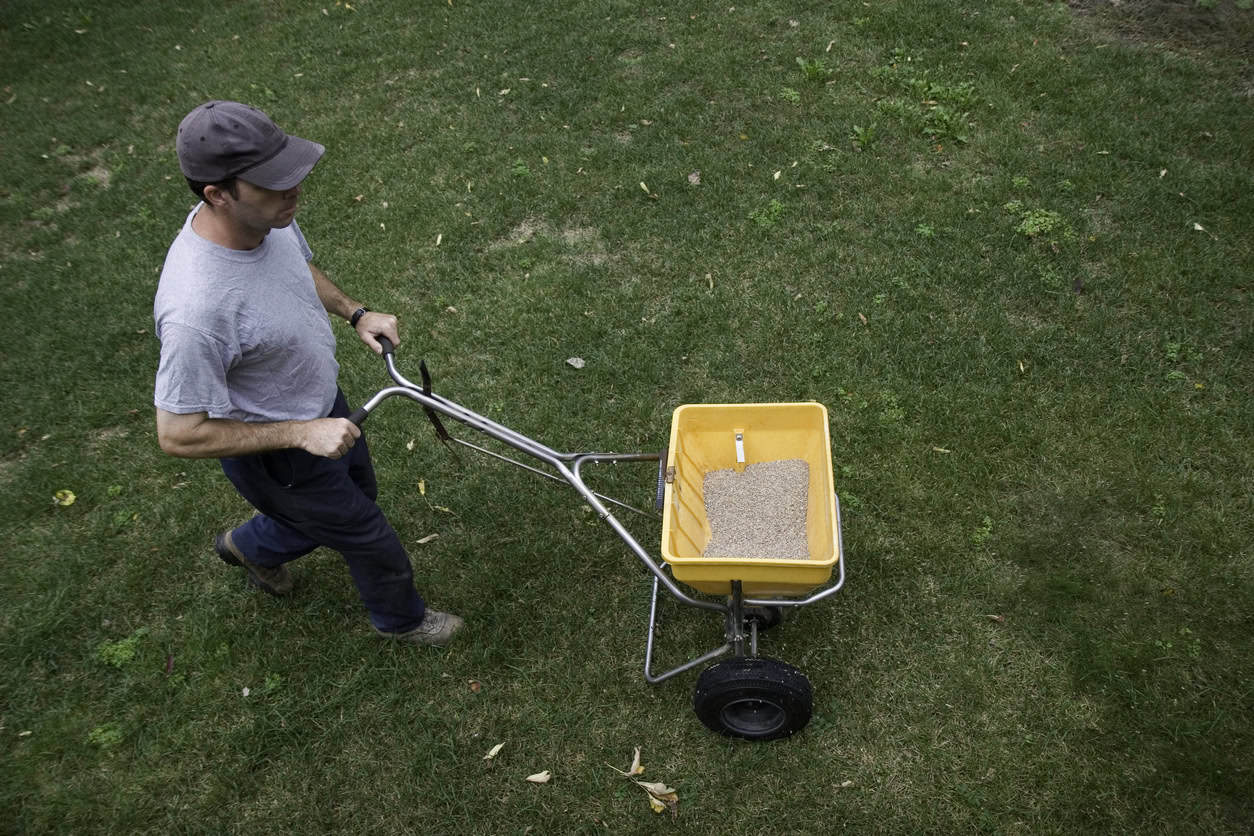
What You Need to Know About Spring Fertilization
April 20, 2021Spring Fertilization is Best Applied After the Last Frost
When considering spring fertilization, many take a “more is better” approach. However, the way you apply spring fertilizer could make or break the difference in your plant growth come summer. Make sure you are following these guidelines for safe, effective fertilization.
1) Apply a Little Later in Spring
Fertilizing once in spring, twice during the growing season is a solid rule. However, don’t jump the gun and fertilize too early in the spring. Fertilizing too early runs the risk of unexpected snow or a late freeze, which can harm new growth in plants. It is best to wait until after the last frost for application.
2) Follow Application Instructions
Follow the suggested application instructions and avoid overdoing it. Too much fertilizer can result in excessive nitrogen. Start with the recommended amount and apply more in the summer if necessary. Over a few seasons, you should get a feel for the right amount of fertilizer that leads to healthy plant growth.
3) Consider a Five-Step Fertilizer Plan
Some experts recommend fertilizing every six to eight weeks after your first feeding. If you keep your first feeding a little later in spring, you will be fertilizing through October and into November. That is just fine for this area. To be honest, fall fertilizing is more important than the spring.
4) Time Your Fertilization with Forecasted Moderate Rain
Watering about ¼ inch along with fertilizer will provide optimum benefits. Timing fertilization to coincide with a moderate rain will make it easier and avoid using precious resources. Be sure not fertilize before a predicted heavy storm as much of the fertilizer will wash away before it has the chance to work.
5) Weed Killer Treatments May Have Fertilizers Added
Early herbicides aimed at controlling weed growth often contain fertilizer as well, to combat the herbicide’s negative effects on your garden. Be aware of what you are applying so that you do not over fertilize.
One important tip is to avoid over-fertilizing too early. If you do, your garden will not stay beautiful through the growing season. Seeking help from a lawn care professional will provide accurate answers to plant fertilizing questions in your area. For information about garden maintenance and fertilization services, contact DiSabatino Landscaping today.
SOME RELATED ARTICLES:
REJUVENATE YOUR PLANTINGS WITH SPRING PRUNING
5 WATERING TIPS FOR NEW PLANTINGS
THE BEAUTY OF MASS PLANTINGS
302-764-0408 | DiSabatinoInc.com
 The Landscape Experts
The Landscape Experts
DiSabatino Landscaping is Delaware’s #1 Hardscape and Landscape Specialist. Give us a call today! 302-764-0408